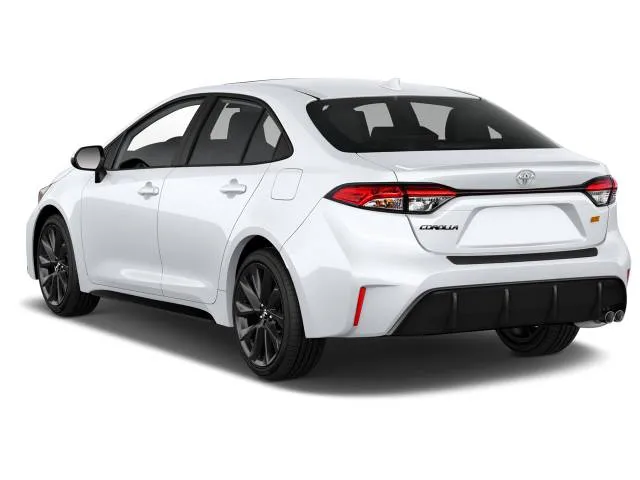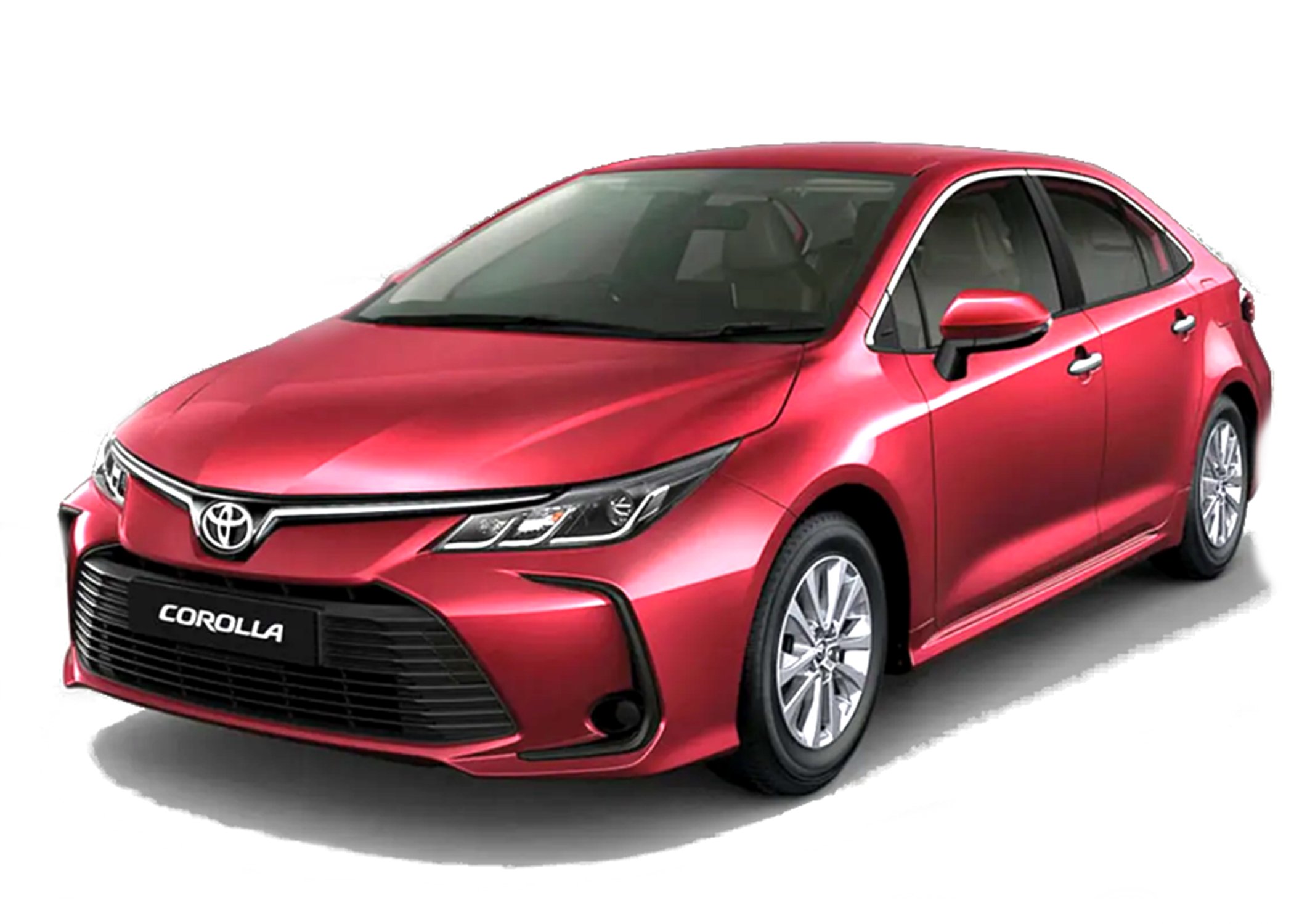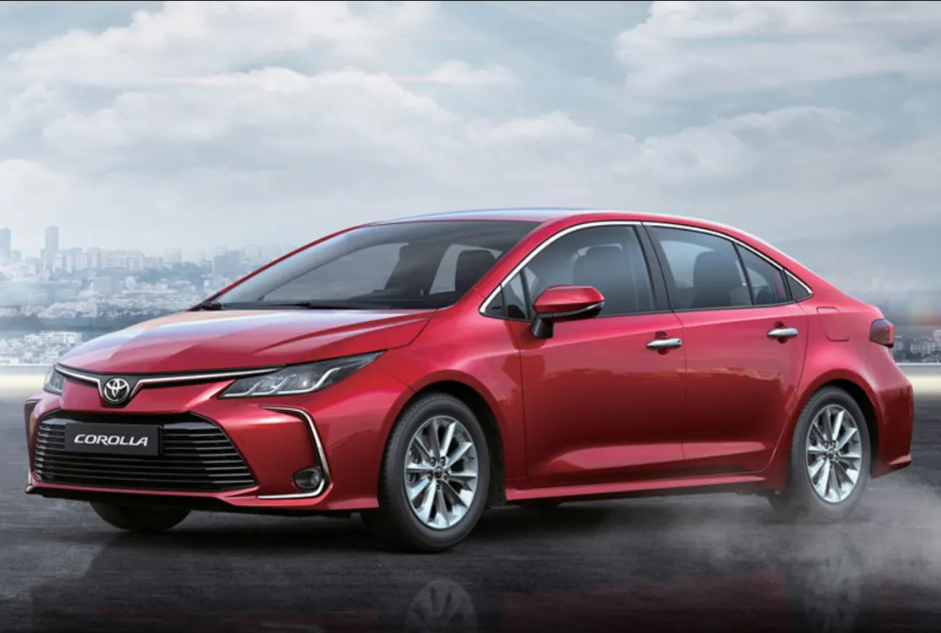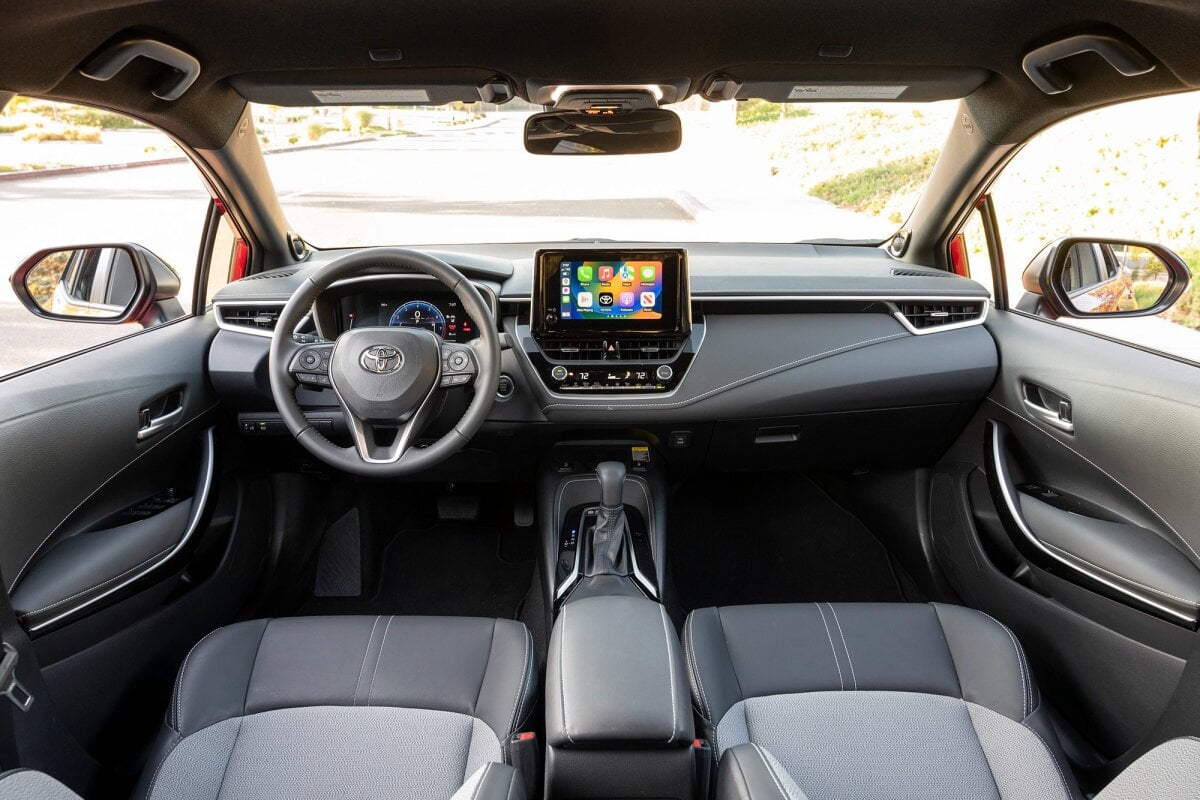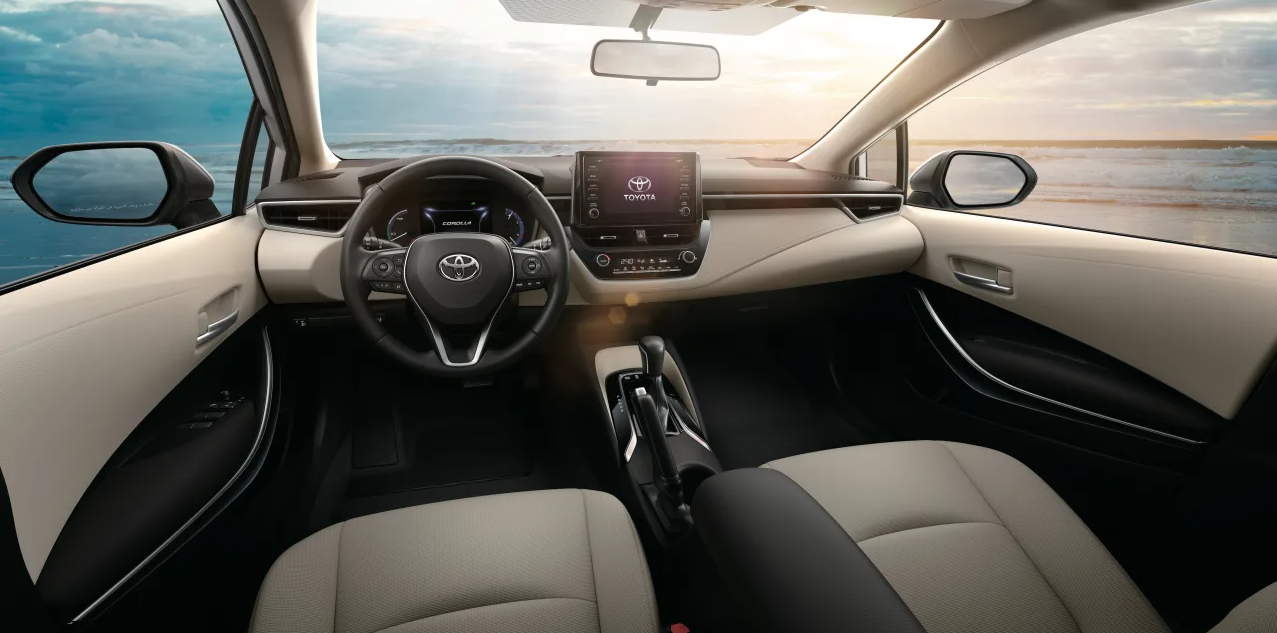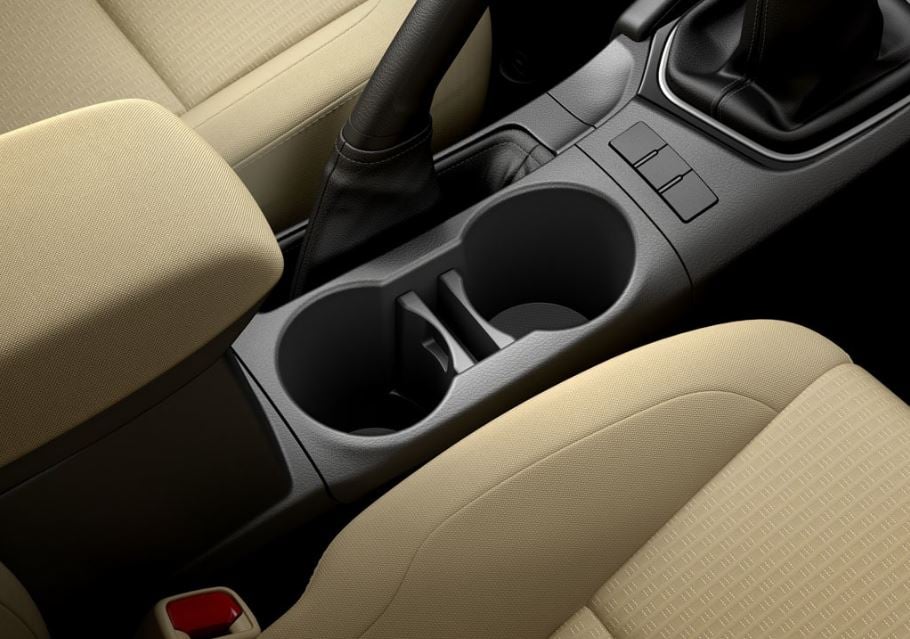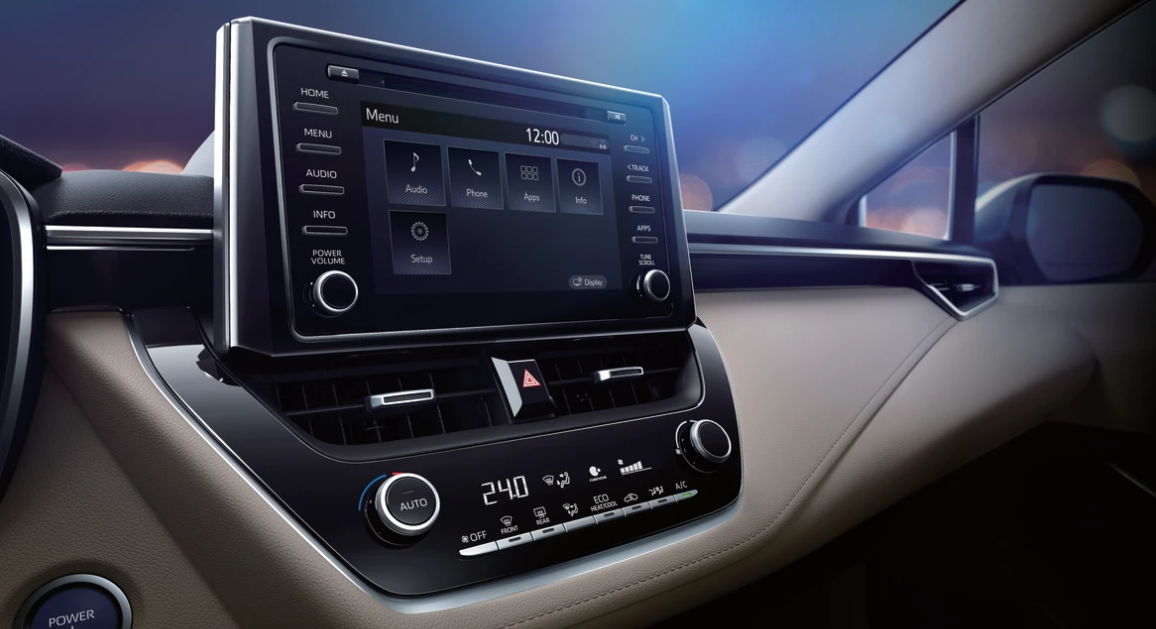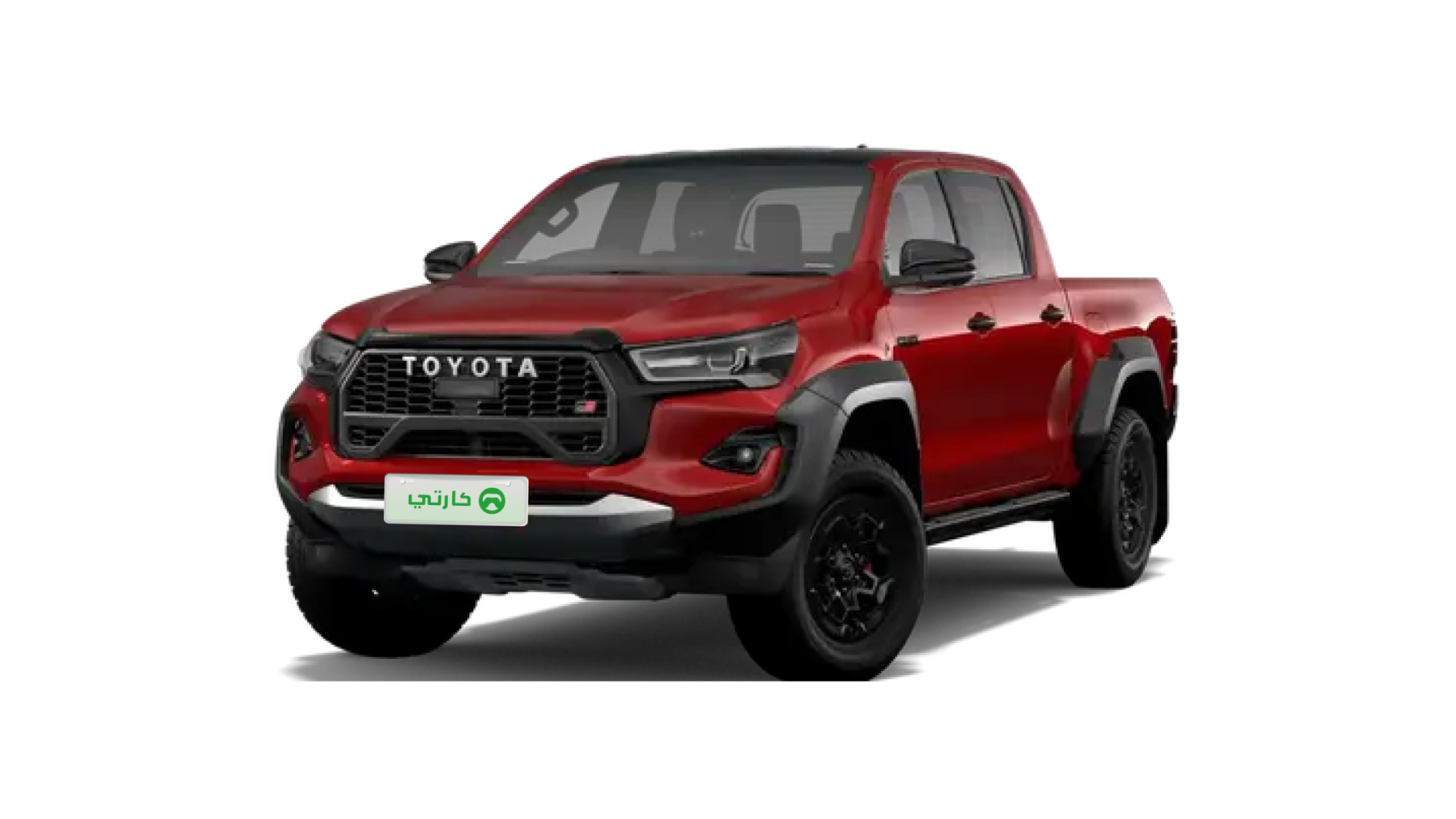If you're a proud owner of a Toyota Corolla, this guide is crafted just for you. Get ready to dive into actionable advice about your 1.8L Toyota Corolla Engine with clear and practical tips. We focus on easy-to-understand maintenance routines and performance enhancements tailored for the 2025 model.
What to Do If You're Having Engine Issues
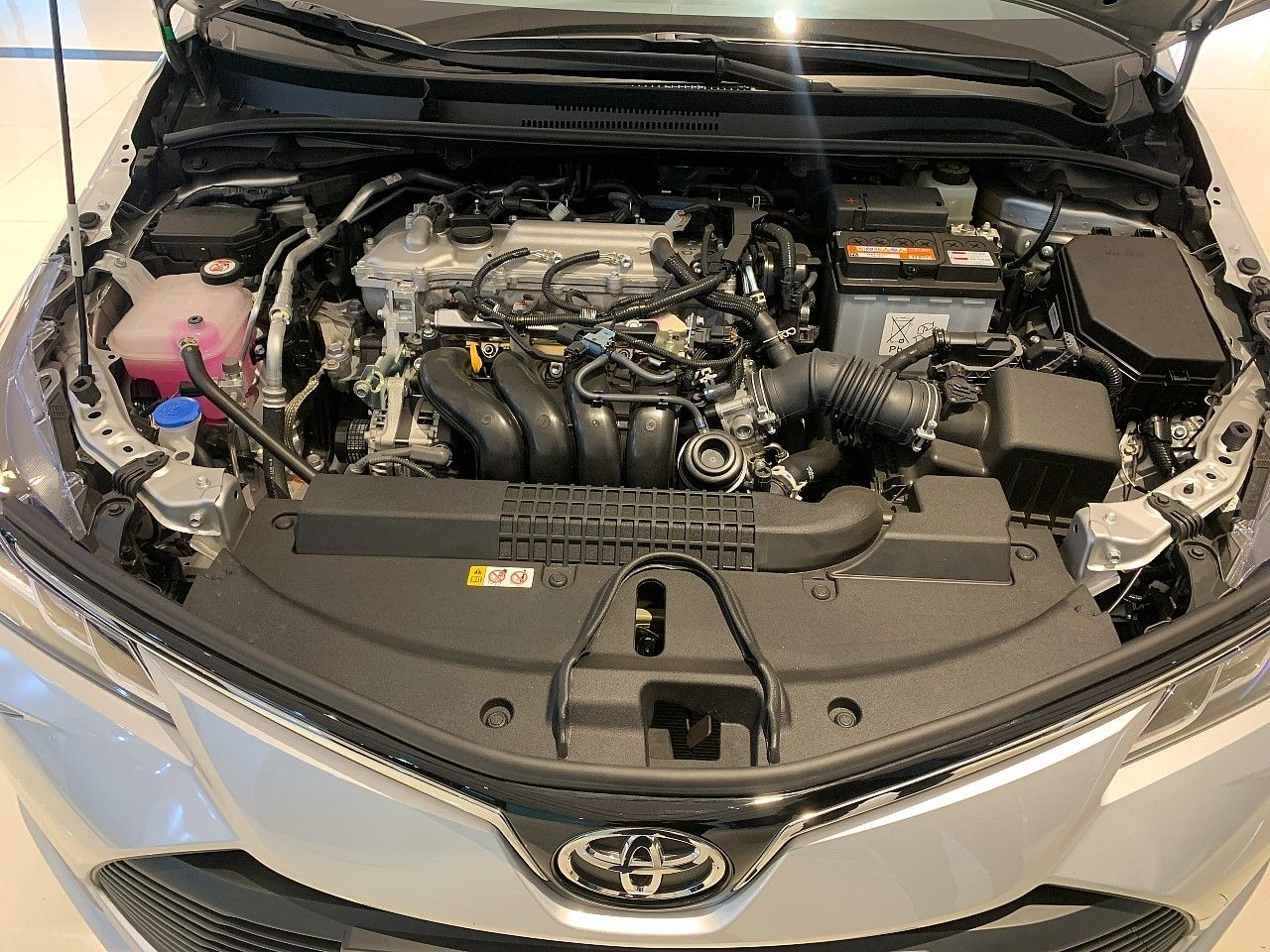
When your engine acts up, it can be both frustrating and worrying. Here are a few steps you should take if you notice potential problems:
3 Warning Signs to Watch
You may hear unusual knocking sounds when your engine is revving between 1,500 and 3,000 RPM. This could signal internal issues requiring immediate attention.
A sudden drop in fuel efficiency, especially if it falls below 14.5 km/L, might indicate problems that affect both performance and economy.
If your check engine light comes on with error codes like P0171 or P0300, it's a clear cue to schedule an expert diagnostic scan.
Immediate Action Steps
Book a diagnostic scan within 72 hours to pinpoint the problem.
Quickly verify the engine oil level using 0W-20 synthetic oil and top it up if necessary.
Check your air filter every month; a clogged filter can reduce efficiency and cause other issues.
Maintaining Your 1.8L Corolla Engine
Consistent engine maintenance is key to reliable performance. Follow these guidelines to keep your engine in prime condition:
Essential Service Intervals
Stay on schedule with these maintenance milestones:
Mileage | Required Service |
|---|---|
5,000 km | Oil and filter change |
30,000 km | Spark plug replacement |
60,000 km | Timing chain inspection |
Each service interval is designed to address specific wear points in your engine, ensuring smooth operations and adherence to GCC-certified standards. These intervals help maintain fuel efficiency and avoid unexpected repairs.
Fuel System Care
Implement a few simple steps to extend the life of your engine:
Always use a minimum of 91 octane fuel, though 95 is recommended for optimal performance.
Add a fuel injector cleaner every 8,000 km to keep the fuel system free of deposits.
Replace the fuel filter every 40,000 km to secure consistent fuel flow and efficiency.
2025 Performance Enhancements
Unlock the full potential of your 1.8L Toyota Corolla Engine with affordable upgrades and tuning tips:
Affordable Upgrades
Consider these improvements to boost your engine's performance without breaking the bank:
Installing a cold air intake can increase torque by 3-5%, offering a noticeable performance lift.
An ECU remapping can provide a power boost of around 7-10%, enhancing throttle response and overall driveability.
Upgrading to a high-flow catalytic converter may not only improve performance but also optimize your engine’s emissions profile.
Efficiency Improvements
A few tweaks can also enhance fuel efficiency and extend engine longevity:
Use low-rolling resistance tires to reduce drag and improve fuel consumption.
Consider scheduling an engine carbon cleaning every 80,000 km to help remove built-up deposits.
For hybrid engine variants, regular maintenance of hybrid batteries is crucial for sustained efficiency.
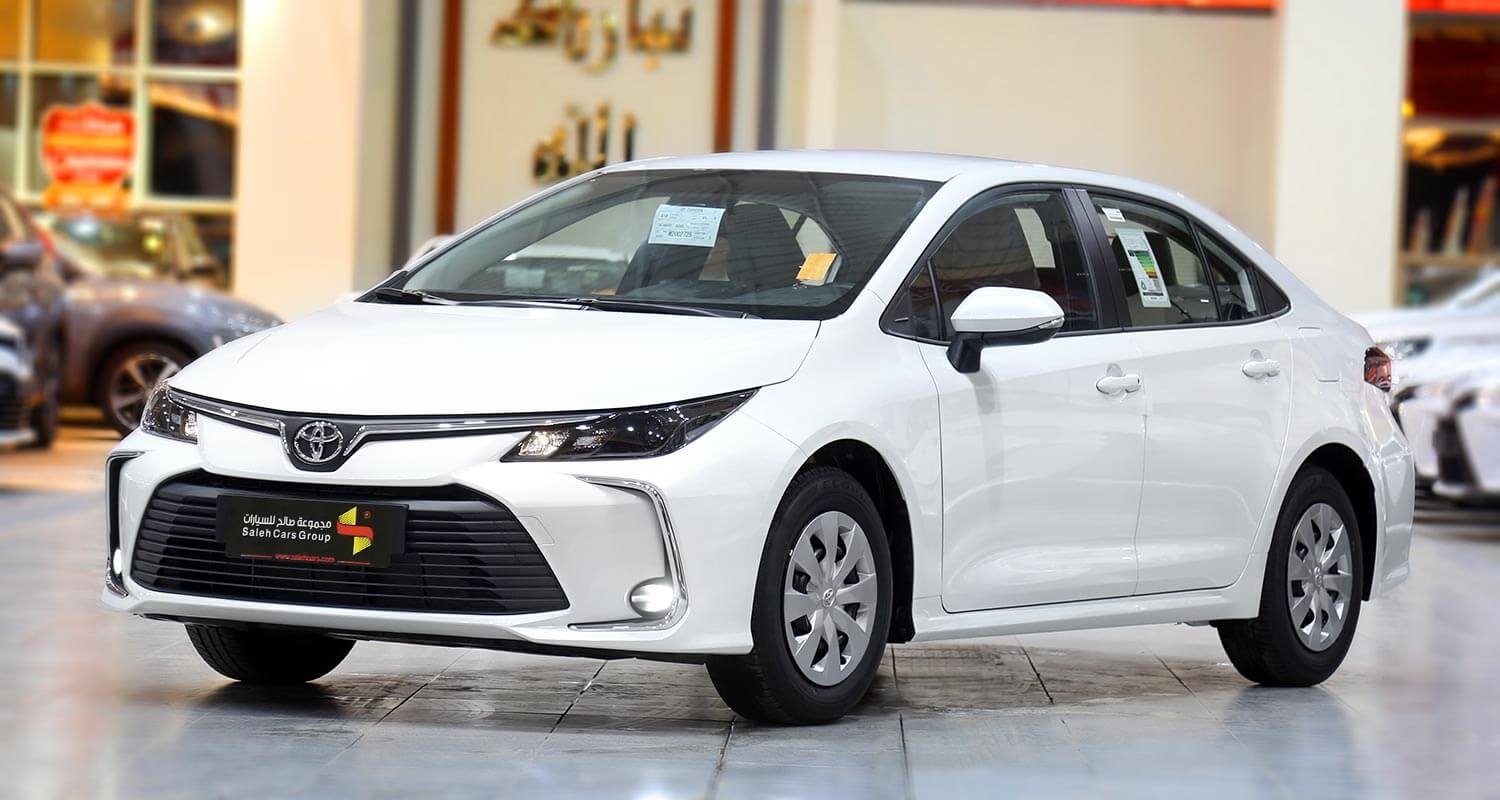
Buying Considerations for Pre-Owned Models
If you're considering a pre-owned Corolla, here’s how to ensure you’re making a wise investment:
Critical Inspection Points
Before purchasing a used model, check the following:
Verify the comprehensive service history to ensure the engine has been consistently maintained.
Request compression test results; values should be at or above 160 psi to indicate a healthy engine.
Inspect the transmission fluid; its color and condition can hint at the overall maintenance quality.
Cost Comparison
When comparing models, repair costs can be a deciding factor. Below is a rough guide based on GCC data (prices in AED/SAR):
Model Year | Expected Repair Costs |
|---|---|
2020 | AED 2,500-3,800 / SAR equivalent |
2023 | AED 1,200-1,800 / SAR equivalent |
2025 | AED 800-1,200 / SAR equivalent |
Extended Warranty Options
Enhance your peace of mind with warranty plans designed for the GCC market:
Explore ToyotaCare Plus for extended coverage and tailored benefits.
Compare third-party warranties to find the best deal that aligns with GCC certification requirements.
Be sure to understand any exclusion clauses before finalizing your warranty, as these details can impact long-term repair costs.
Seasonal Maintenance Tips
Adapting your maintenance routines to seasonal changes is vital for your engine's longevity:
In the summer, check your coolant mixture (aim for a 50:50 ratio) to prevent overheating under high temperatures.
During winter, allow your engine to warm up for a few minutes during cold starts to ease mechanical strain.
Keep an eye on moisture levels as high humidity can affect electrical components and overall engine reliability.
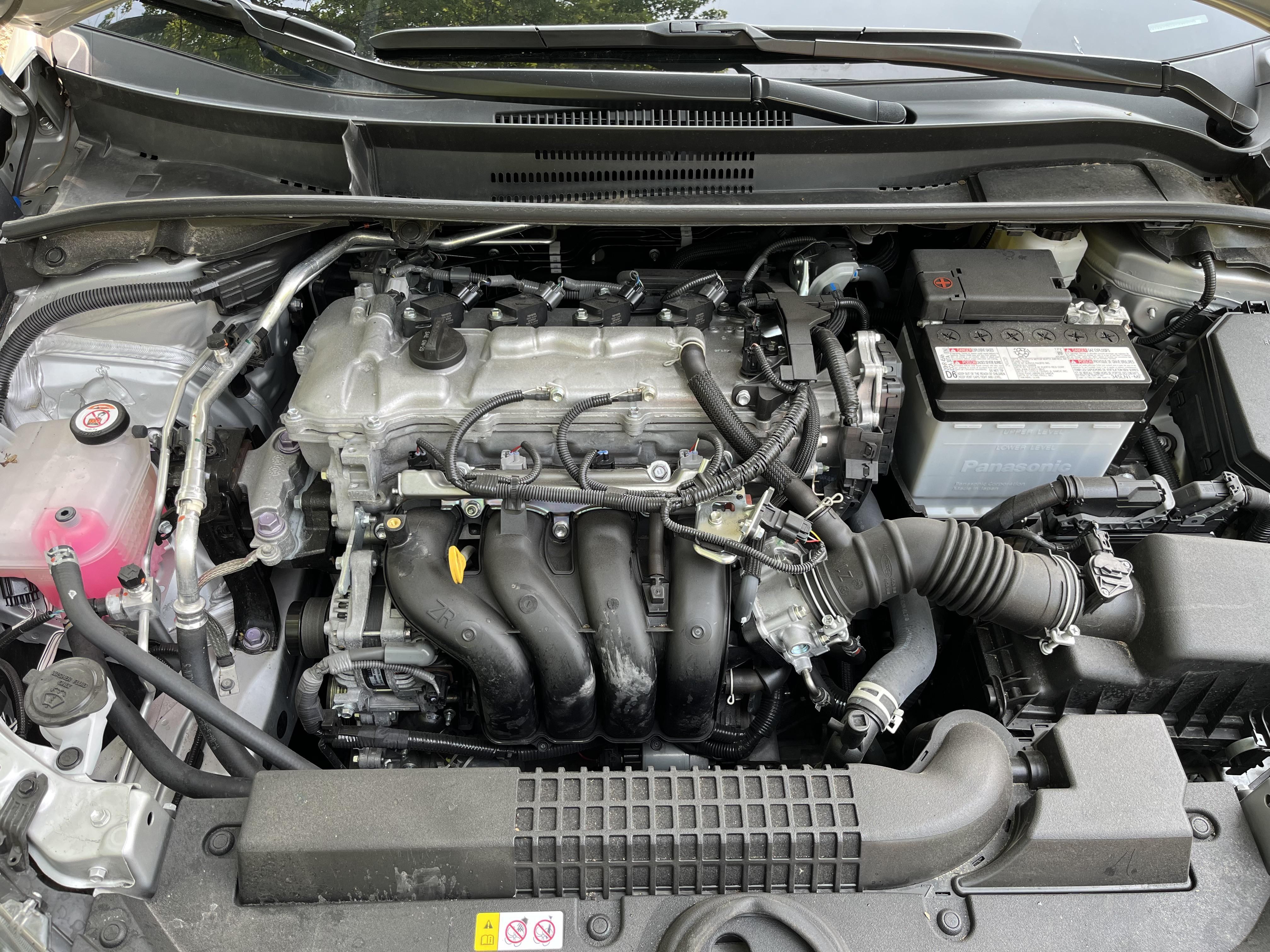
FAQ
What are the most common issues with a 1.8L Toyota Corolla Engine?
Common issues often include irregular engine sounds, a noticeable decrease in fuel efficiency, and the appearance of warning lights on the dashboard. Many owners report that maintaining regular service intervals has minimized these problems. Routine checks for oil levels and air filter conditions can prevent many potential complications. If you encounter persistent issues, a professional diagnostic scan is highly recommended. Staying proactive with maintenance helps secure the engine's longevity.
How often should I perform maintenance on my 1.8L Corolla Engine?
Maintenance frequency depends on your driving conditions and mileage, but generally, an oil change should be done every 5,000 km. Spark plug and other key component inspections are recommended at 30,000 km intervals. Following the GCC-certified service schedules is crucial to keep your engine running efficiently. Regular maintenance not only improves fuel efficiency but also prevents unexpected breakdowns. Make sure to use high-quality parts and lubricants during these services.
How do local driving conditions in the UAE influence my engine’s fuel efficiency?
Driving in areas with high temperatures and varying terrains, such as the UAE, can have a noticeable impact on fuel efficiency. Your 1.8L Toyota Corolla Engine may experience higher strain during peak summer months, requiring more meticulous maintenance. Ensuring that your engine and fuel system are well maintained can counteract these conditions. Proper tire inflation and regular carbon cleaning further enhance fuel economy. This approach helps you maintain optimal performance despite challenging environmental factors.
Are performance upgrades worth considering for my 2025 model?
Upgrading your engine can provide both increased power and improved responsiveness. Affordable enhancements like a cold air intake or ECU remapping can yield significant performance benefits without major modifications. Many owners find that these modifications also lead to better fuel efficiency. That said, ensure that any upgrades are compatible with your model and meet local GCC standards. It’s wise to consult with a trusted professional before making any modifications.
How do extended warranty options work for pre-owned 1.8L Toyota Corolla models?
Extended warranty options provide an additional layer of security against unforeseen repair costs for pre-owned vehicles. They often cover critical issues related to the engine and transmission, following GCC-certified guidelines. When considering a pre-owned model, review the warranty details carefully to understand what’s included and what might be excluded. This extra coverage can offer peace of mind and help manage maintenance costs over time. Make sure to compare multiple warranty providers to find the best plan that suits your needs.
This article is for reference only, please abide by the local laws and regulations.
Read More:
How Long Does a Car Battery Last? 2025 Maintenance Guide
What Is Car Chassis? 2025's Essential Guide for Smart Drivers
How to Start an Automatic Car: Foolproof Guide for Modern Drivers
8 pics

Adrian is an Editor. Psychology graduate with over 4 years in the automotive industry, 3 in front of the camera. Occasionally seen at his family owned tyre shop. He will only buy cars that pass the big bottle test.

